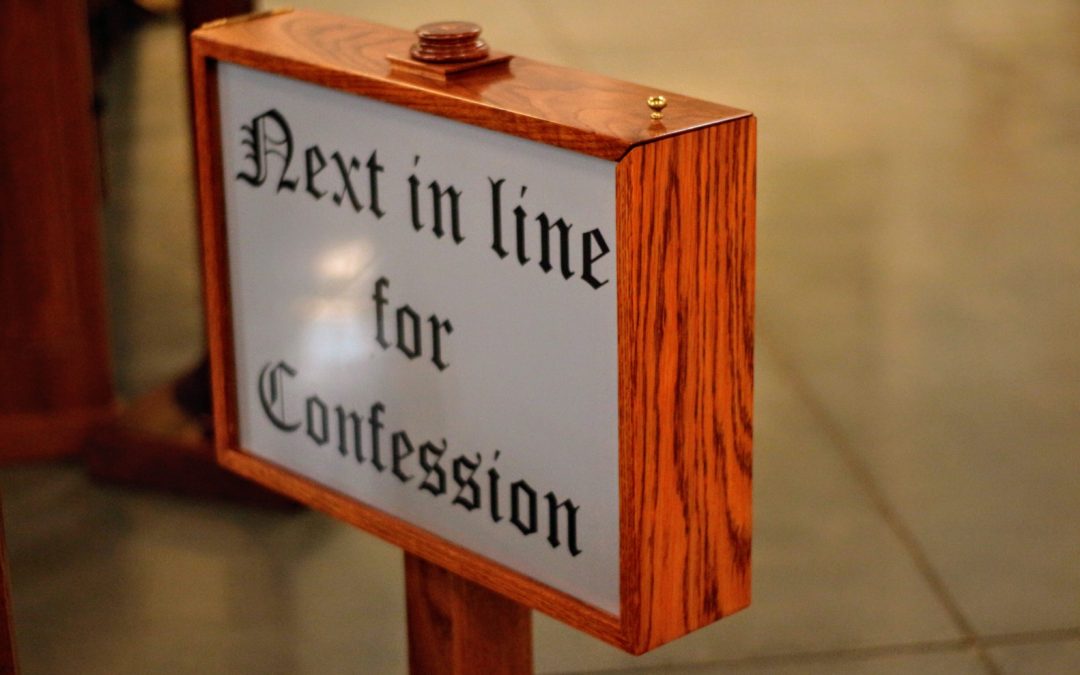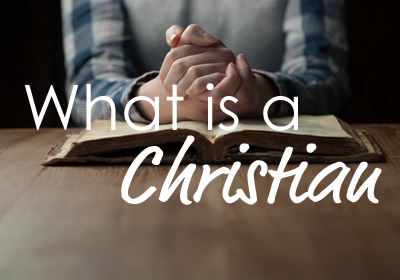In today’s passage Paul talks of those who are ‘under the power of sin’ (Rom 3:9). While most scholars believe this refers to ALL humans, the sermon will argue it is about ‘the wicked’ (i.e. non-believers).
The Bible is at pains to ensure believers and non-believers are clearly labelled. The title it prefers for believers (both OT and NT believers) is ‘the righteous’, while it reserves terms like ‘the wicked’ or ‘sinner’ for unbelievers (e.g. non-Christians).
This is not to say that Christians don’t still sin, as no one will reach sinless perfection this side of heaven (except Jesus). Rather, Christians are no longer under the POWER of sin; or as Paul describes it, Christians are no longer ‘slaves to sin’ (Rom 6:17). While the sinful nature is still active within Christians (Gal 5:17), the Holy Spirit within us fights against the desires of the sinful nature. Christians are now ‘slaves to righteousness’ (Rom 6:18). Without the Spirit, non-Christians have nothing to keep the sinful nature at bay, and are therefore rightly described as ‘slaves to sin’.
So how do we determine which category we fall into? The answer comes down to one word; repentance. Anyone can show remorse for their sin, either through being saddened by the consequences of one’s sin, or because one’s actions are not in accord with their self-image (i.e. I’m not like those liars or thieves). Repentance is different to remorse in that it means (i) one is truly sorry for hurting God, and (ii) they WANT to fight against committing that sin again, in the Spirit’s power.
It is the gospel that makes the difference between remorse and repentance, for in the gospel we see a God who was willing to give his all (i.e. his only beloved Son) to pay the penalty for our sin. The Spirit empowers Christians to WANT to follow this God, through exhibiting the obedience of faith (Rom 1:5).






